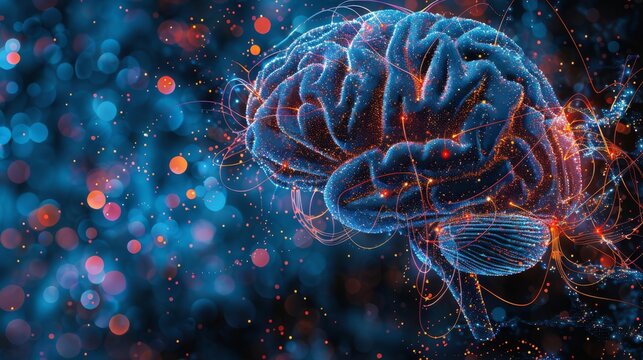The article advocates for “neuroadaptability” over “neuroplasticity” to better capture the brain’s dynamic capacity for change, resilience, and adaptation, particularly in cult recovery. It critiques the notion of neuroplasticity as overly simplistic and potentially misleading, given its associations with plastic materials and the assumption of uniform change across all brain regions. By emphasizing neuroadaptability, the article highlights how individuals can reclaim their identities and autonomy after cult experiences through the brain’s responsive adjustments to new environments. This nuanced understanding encourages a focus on resilience and cognitive flexibility as essential components of mental health, particularly for those recovering from manipulative influences.
Editor’s Note: The concept of neuroadaptability offers profound implications for breaking social programming, particularly in contexts where individuals have been subjected to manipulative environments, such as cults. By emphasizing the brain’s capacity for resilience and contextual adjustment, neuroadaptability highlights the potential for individuals to reclaim their autonomy and reshape their identities after experiencing coercive control.
This adaptability fosters critical thinking and emotional regulation, enabling former cult members to challenge ingrained beliefs and navigate new realities. Furthermore, understanding neuroadaptability can inform therapeutic approaches prioritizing flexibility and recovery, ultimately empowering individuals to break free from harmful social conditioning.
As society grapples with the complexities of identity formation and influence, embracing neuroadaptability could lead to more effective healing and personal transformation strategies, reinforcing the notion that the human mind is not merely malleable but inherently capable of profound change.
Read Original Article
Read Online
Click the button below if you wish to read the article on the website where it was originally published.
Read Offline
Click the button below if you wish to read the article offline





